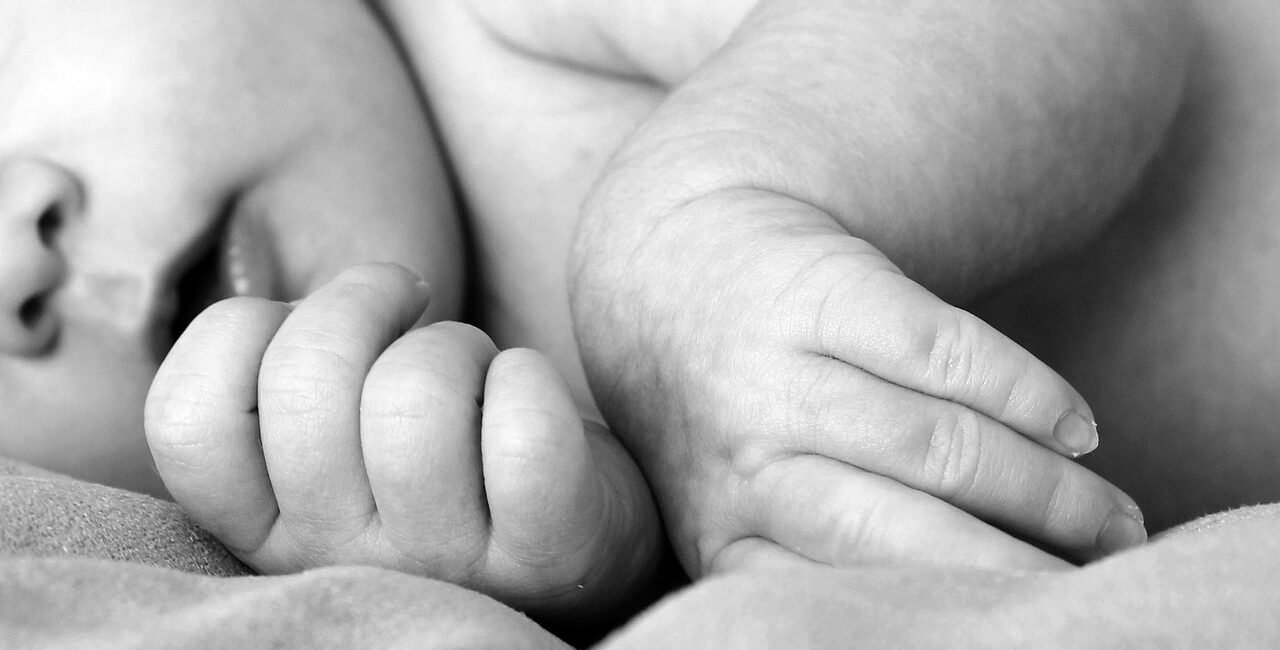
The Science of Newborn Sleep: Understanding Your Baby’s Sleep Patterns and How to Improve Them
Sleep is an essential part of a newborn’s life, and it plays a crucial role in their overall development. Newborns spend a significant amount of time sleeping, and this is because sleep is vital for their physical and mental growth. During sleep, the body repairs and rejuvenates itself, and the brain processes and consolidates new information. Inadequate sleep can have a detrimental impact on a baby’s development, leading to issues such as poor cognitive function, behavioral problems, and even physical health concerns.
Understanding the sleep patterns of newborns: REM vs. Non-REM sleep
Newborns have different sleep patterns compared to older children and adults. They spend a significant amount of time in REM (Rapid Eye Movement) sleep, which is characterized by rapid eye movements, increased brain activity, and vivid dreaming. REM sleep is crucial for brain development as it helps with memory consolidation and learning. Non-REM sleep, on the other hand, is divided into several stages, including light sleep, deep sleep, and transitional sleep. These stages are important for physical growth and restoration.
The role of circadian rhythms in newborn sleep
Circadian rhythms are internal biological clocks that regulate our sleep-wake cycles. Newborns have an immature circadian rhythm, which means they do not have a well-established day-night pattern. It takes time for their biological clock to develop fully. As parents, you can help establish a sleep routine for your baby by exposing them to natural light during the day and creating a calm and dark environment at night. This will help regulate their circadian rhythm and promote better sleep.
Sleep cues: How to recognize when your baby is tired
Babies have different ways of communicating their tiredness or readiness for sleep. Some common signs include rubbing their eyes, yawning, fussiness, and decreased activity. It is important for parents to pay attention to these cues and respond promptly. Ignoring these signs can lead to overtiredness, which can make it more difficult for your baby to fall asleep and stay asleep.
Sleep training methods: Pros and cons of different approaches
There are various sleep training methods that parents can use to help their babies develop healthy sleep habits. Some popular methods include the Ferber method, the Weissbluth method, and the gentle sleep training approach. Each method has its own pros and cons, and it is important for parents to choose an approach that aligns with their parenting style and values. It is also important to note that sleep training should be done in a gentle and age-appropriate manner, taking into consideration the individual needs of the baby.
Co-sleeping vs. independent sleep: What’s best for your family?
Co-sleeping, or sharing a bed with your baby, is a personal choice that each family must make based on their own circumstances and preferences. There are pros and cons to both co-sleeping and independent sleep. Co-sleeping can promote bonding between parents and babies, make breastfeeding easier, and provide comfort and security for the baby. However, it is important to practice safe co-sleeping practices to reduce the risk of Sudden Infant Death Syndrome (SIDS). Independent sleep, on the other hand, can promote self-soothing skills and independence in the baby, but it may take longer for the baby to fall asleep initially.
Creating a sleep-friendly environment: Temperature, lighting, and noise considerations
Creating a sleep-friendly environment is essential for promoting healthy sleep habits in newborns. The ideal sleep environment for newborns is a cool, dark, and quiet room. The temperature should be around 68-72 degrees Fahrenheit (20-22 degrees Celsius), as this is considered optimal for sleep. It is also important to minimize external noise and light, as these can disrupt sleep. Using blackout curtains, white noise machines, and a comfortable sleep surface can help create a conducive sleep environment for your baby.
The impact of feeding on newborn sleep: Breastfeeding vs. bottle-feeding
Feeding plays a significant role in a newborn’s sleep patterns. Breastfeeding provides numerous benefits for both the baby and the mother, including better sleep. Breast milk contains hormones that promote sleep and help regulate the baby’s circadian rhythm. Additionally, breastfeeding allows for more frequent and smaller feedings, which can help prevent hunger-related sleep disruptions. However, bottle-feeding can also be a viable option for parents who are unable to breastfeed or choose not to. It is important to find a feeding method that works best for your family while still prioritizing your baby’s sleep needs.
Sleep regressions: What to expect during developmental milestones
Sleep regressions are periods of disrupted sleep that often occur during major developmental milestones in a baby’s life. These regressions can happen around 4 months, 8-10 months, and 18 months of age. During these times, babies may experience changes in their sleep patterns, such as increased night waking or difficulty falling asleep. It is important for parents to understand that these regressions are temporary and normal. Providing extra comfort and reassurance during these times can help your baby navigate through these transitions more smoothly.
Sleep safety: SIDS prevention and safe sleep practices
Sleep safety is of utmost importance when it comes to newborns. Sudden Infant Death Syndrome (SIDS) is a leading cause of death in infants under one year of age. To reduce the risk of SIDS, it is recommended to follow safe sleep practices such as placing your baby on their back to sleep, using a firm mattress with a fitted sheet, avoiding loose bedding and soft objects in the crib, and keeping the room at a comfortable temperature. It is also important to avoid smoking around your baby and to ensure that they have a safe sleep environment both at home and when traveling.
How to support healthy newborn sleep habits for lifelong benefits
Establishing healthy sleep habits early on is crucial for your baby’s overall well-being. By understanding the importance of sleep, recognizing your baby’s sleep cues, and creating a sleep-friendly environment, you can support healthy sleep habits for your newborn. Whether you choose to co-sleep or encourage independent sleep, it is important to prioritize safety and follow safe sleep practices. Additionally, being aware of sleep regressions and understanding how to manage them can help you navigate through challenging periods. By prioritizing your baby’s sleep needs and providing them with a nurturing and supportive environment, you are setting them up for a lifetime of healthy sleep habits.




























































